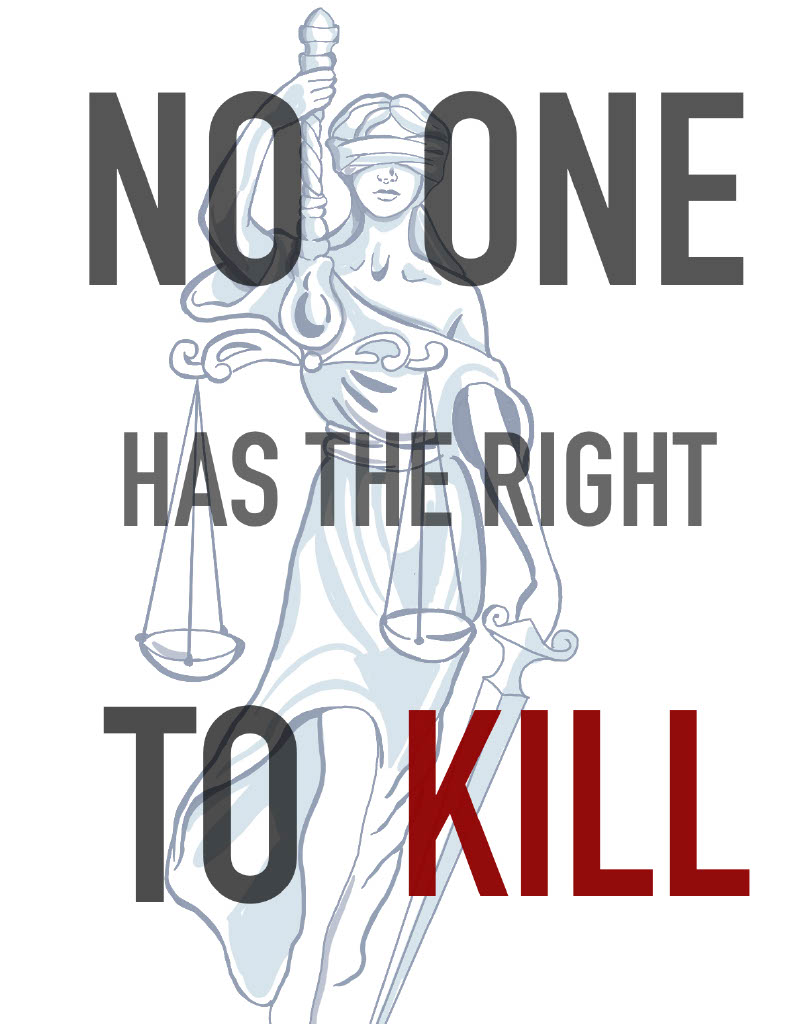Dear editor,
I’m sorry if I seem overly cynical or repetitive in this response, but I can’t help it when, at the start of every year, The Maroon publishes the same article. Loyola finds it necessary at the beginning of each new academic year to remind students how tough they are on drugs. The articles never provide any new information, they don’t make the campus safer, and they don’t confront real safety or health risks. One thing that differed from past instances of intimidation was that The Maroon felt compelled to include a petty apology, where they essentially said Loyola is completely legitimate in seeking out and arresting students for drug use.
Just because something is written into law does not make it legitimate. How could marijuana prohibition be legitimate when 55 percent of American adults support legalization (Angus Reid Public Opinion Poll 2011)? How can Loyola justify it from a social justice perspective? After all, the history of marijuana prohibition has always been the history of racism and a scapegoat for oppression.
The first law in the United States outlawing the use of marijuana was passed in California in 1913 because its use was associated with Latino workers. A man named William Hearst was behind the campaign and easily perpetuated his racist ideology through his newspaper chain. New Orleans also plays a huge part in marijuana history. This city is not only the birthplace of jazz, but also American cannabis culture. Marijuana flowed freely into these ports and was used by jazz musicians. Wherever jazz went, so did marijuana. In 1923 New Orleans made marijuana illegal because white America feared it would cause blacks to look at them in the eye and whistle at their women. By 1937 marijuana was made illegal in the United States. Most of the evidence at the hearing was Hearst editorials.
Don’t misconstrue me: I am not calling Loyola or anyone in the administration racist, but the prohibition of marijuana will someday be seen in the same light. This law has not been legitimate from the beginning.
The only purpose prohibition serves is putting undesirable classes of society in prison. Even when racism was backed by the force of law it was no more legitimate than it is now. Loyola can either propagate the status quo or it can truly be an agent of change and develop a sensible drug policy.
Sincerely,
Josh Warren
Political science sophomore








